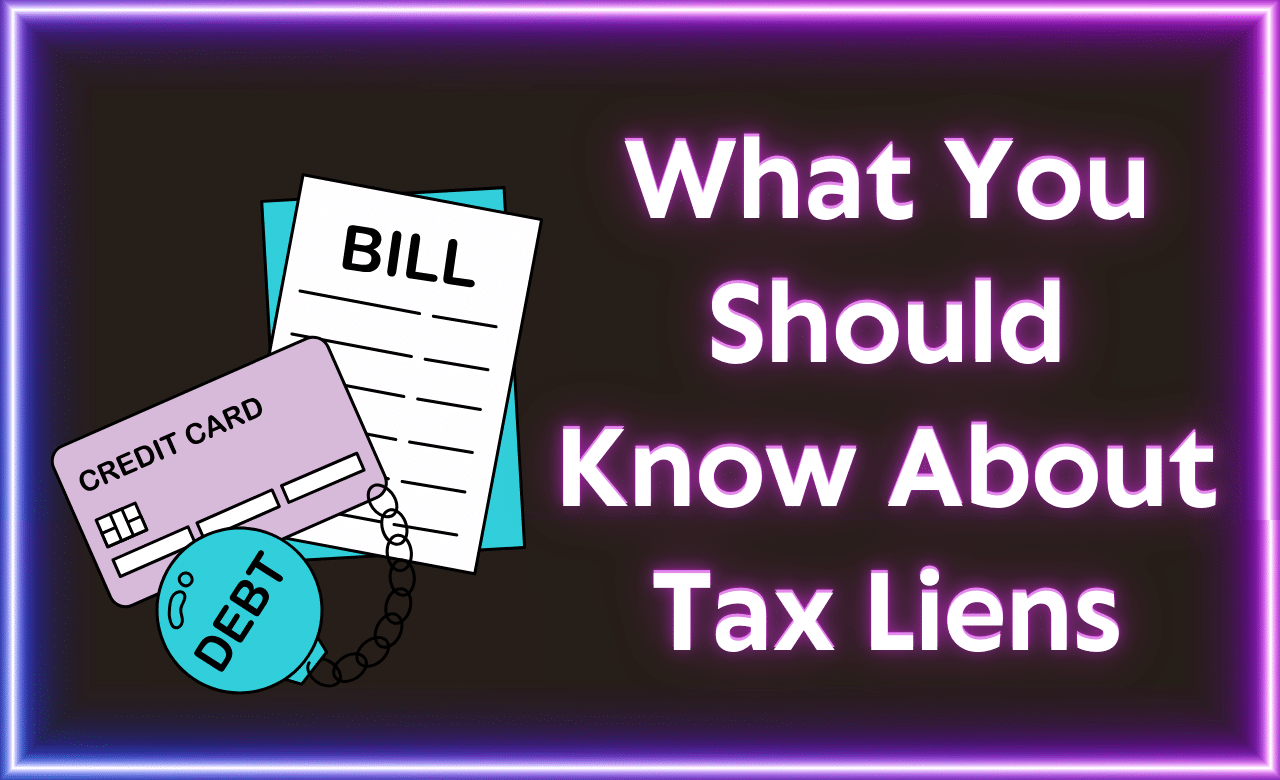Hi! I’m Bette Hochberger, CPA, CGMA, and today, I’ll be discussing everything you need to know about federal tax liens. Dealing with these can be intimidating and confusing. Understanding what they are, how they work, and how they can affect you is crucial for anyone facing this issue. Let’s dive in!
What is a Federal Tax Lien?
A federal tax lien is a legal claim by the government against your property when you fail to pay a tax debt. It ensures the government’s right to your property over other creditors. It arises after the IRS assesses your liability and sends you a bill that you neglect or refuse to pay.
How Does a Federal Tax Lien Work?
- Assessment and Notice: The IRS assesses your tax liability and sends you a Notice and Demand for Payment.
- Failure to Pay: If you fail to fully pay the debt within 10 days, the IRS files a Notice of Federal Tax Lien.
- Public Record: This notice is a public record, alerting creditors that the government has a legal right to your property.
Effects of One
- Credit: A lien can significantly impact your credit score, making it harder to get loans or credit.
- Property: It attaches to all your assets, including real estate, personal property, and financial assets.
- Business: If you own a business, it applies to all business property and to all rights to business property.
How to Avoid a Federal Tax Lien
- Pay in Full: The best way to avoid one is to pay your tax debt in full before the IRS files a Notice of Federal Tax Lien.
- Installment Agreement: Setting up an installment agreement with the IRS can prevent the filing of a lien.
- Offer in Compromise: In some cases, you may be able to settle your debt for less than the full amount owed.
How to Get Rid of a Federal Tax Lien
- Full Payment: Paying your tax debt in full is the most straightforward way to release a lien. The IRS will release your lien within 30 days of full payment.
- Discharge of Property: If you’re selling property, you can apply for a discharge of the lien to remove it from specific property.
- Subordination: This allows other creditors to move ahead of the IRS, which can make it easier to get a loan or mortgage.
- Withdrawal: A withdrawal removes the public Notice of Federal Tax Lien and assures that the IRS is not competing with other creditors for your property.
Consequences of Ignoring a Federal Tax Lien
Ignoring a federal tax lien can lead to more severe actions, including:
- Levy: The IRS can seize your property, including bank accounts, wages, vehicles, and real estate.
- Sale: The IRS can sell your property to satisfy your tax debt.
Federal tax liens are a serious matter that can have a lasting impact on your financial situation. By understanding how they work and knowing your options, you can take steps to reduce their effects. If you’re facing one, feel free to schedule a meeting with us. We’re here to help you navigate the complexities of the tax system and achieve financial peace of mind.
As always, stay safe, and I will see you next time.










